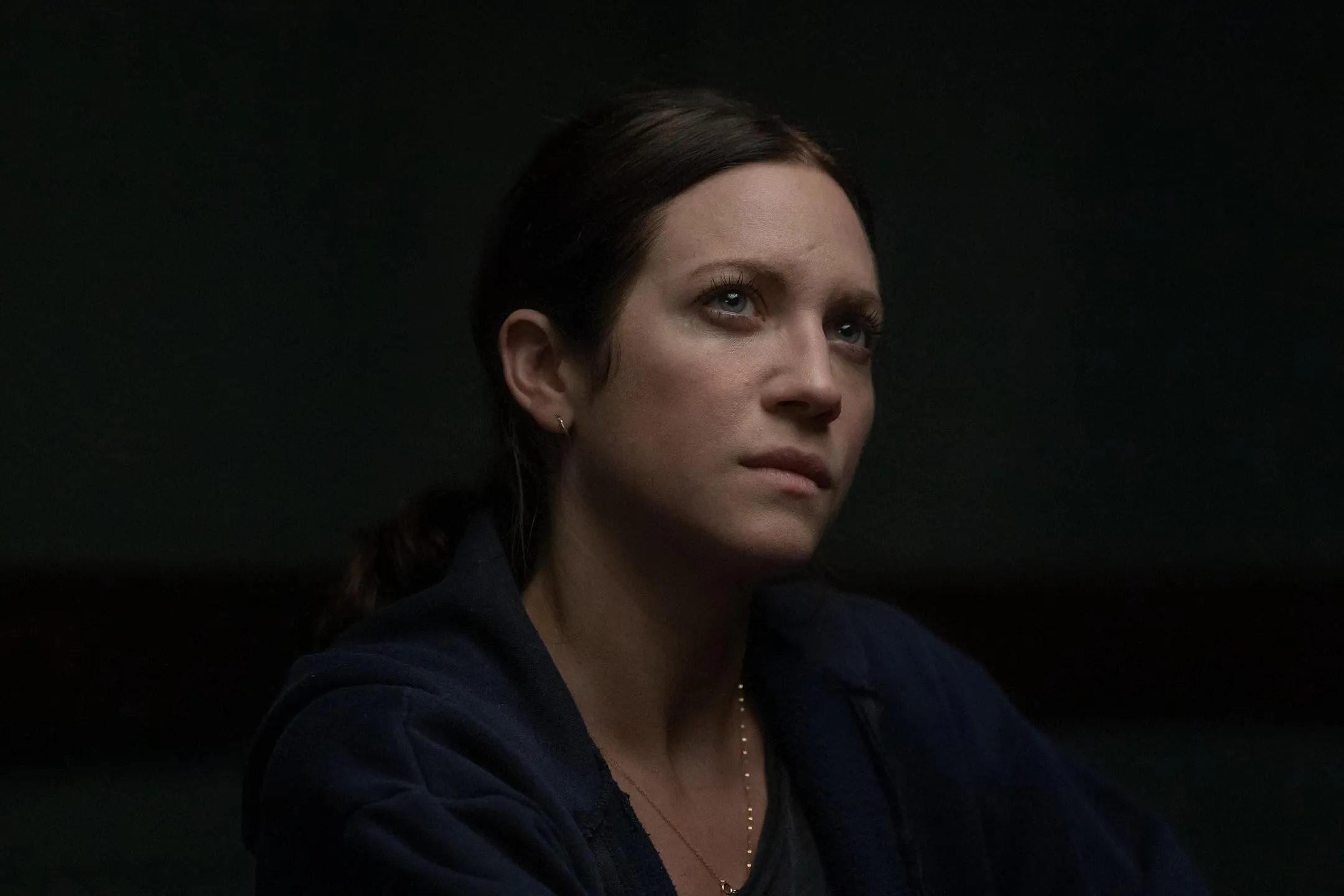In the landscape of American independent cinema, certain archetypes persist with a potent gravity. Among them is the flawed man of violence whose life is bisected by a deep-seated love he can barely articulate. “Barron’s Cove” introduces Caleb Faulkner as a modern incarnation of this figure, an enforcer for his uncle’s local enterprise whose knuckles are as bruised as his spirit.
His singular point of light is his young son, Barron. The film wastes no time in extinguishing that light. The boy’s sudden death, a direct result of Caleb being delayed on a job, serves as the story’s inciting trauma. This personal catastrophe quickly spirals into a narrative of systemic failure.
When the official investigation into the death is effectively buried, shielded by the influence of a local politician whose own son was a witness, the film establishes its core conflict. It is a story rooted in a particularly American context of small-town corruption, where justice is a commodity, forcing a grieving father onto a desperate and solitary path for answers.
The Vigilante Archetype Inverted
The decision by Caleb to abduct Ethan, the politician’s son, propels the film into a familiar genre space: the revenge thriller. Yet, the film immediately complicates the cultural script of the righteous vigilante. Caleb’s kidnapping is not a clean, calculated act; it is a public, frantic display of a man consumed by a grief so profound it becomes indistinguishable from rage.
The visual language of their initial confinement is deeply unsettling. The narrative pits Caleb’s raw, explosive anguish against Ethan’s chillingly detached demeanor. The boy appears as a “bad seed,” a remorseless figure who taunts his captor, making Caleb’s extreme and threatening actions feel momentarily justified to an audience conditioned to expect catharsis.
This dynamic is a fascinating piece of narrative design. It presents an antihero pushed beyond acceptable limits, forcing a psychological tension where the viewer’s allegiance is constantly tested. The central question is not simply about what happened to Barron, but about the very nature of retribution when its target is a child who seems monstrous. The film uses this uncomfortable pairing to deconstruct a heroic archetype, revealing the ugly, unmanageable reality beneath the trope.
From Revenge to Redemption’s Thorny Path
The narrative structure of “Barron’s Cove” hinges on a critical pivot that recasts the entire conflict. The revelation that Ethan is not a sociopath but a victim of profound abuse by his father, politician Lyle Chambers, is the story’s most significant turn.
This disclosure, supported by the physical evidence of scars on the boy’s back, shifts the film’s thematic weight from a revenge plot to a meditation on the cyclical nature of trauma. This universal theme of hurt people hurting people transforms the dynamic between the two central characters. Caleb’s paternal instinct, once focused on his own lost son, is redirected toward protecting Ethan.
The boy, in turn, begins to see his kidnapper as a savior. This internal evolution is sharpened by external pressures. Lyle is exposed as a manipulator leveraging the tragedy for political gain, while Caleb’s uncle Benji chooses business and power over family, a betrayal that underscores Caleb’s complete isolation.
The story abandons a simple good-versus-evil binary, exploring how personal histories of abuse inform present actions, a complex psychological exploration that enriches the genre framework.
No Clean Endings in a Corrupt World
The film’s climax is a direct confrontation between two models of fatherhood: Caleb, the protector forged in violence, and Lyle, the abuser cloaked in respectability. The resolution pointedly rejects a triumphant finale.
Caleb does not emerge as a vindicated hero who escapes the repercussions of his actions. His redemption is not societal but deeply personal; he finds a measure of peace not by avenging his son, but by saving another from a similar legacy of pain.
This conclusion speaks to a certain maturity in its storytelling, acknowledging that in a world of compromised systems, actions have immutable consequences. The film’s style reinforces this emotional reality. The relentless pacing and gritty visual design create a tense, claustrophobic atmosphere that mirrors Caleb’s psychological state.
There are no clean getaways or easy answers here. The story’s final reflection is on the difficult, intimate work of breaking cycles of trauma. Caleb, a man defined by crime, finds his ultimate purpose not in an act of revenge, but in an act of mercy that saves another soul, even if his own is already lost.
Barron’s Cove premiered at the Hamptons International Film Festival on October 6, 2024, and was released in U.S. theaters and on digital platforms on June 6, 2025.
Full Credits
Director: Evan Ari Kelman
Writer: Evan Ari Kelman
Producers: Jordan Beckerman, Jason Michael Berman, Chadd Harbold, Jordan Yale Levine, Will Raynor, Shaun Sanghani, Bannor Michael MacGregor, Cory Thompson
Executive Producers: Jason Kringstein, Jeffrey Tussi, Russ Posternak, Frank J. Monteleone, Scott Levenson, Nicholas Donnermeyer, Peter Anske, Levon Panek
Cast: Garrett Hedlund, Christian Convery, Hamish Linklater, Brittany Snow, Stephen Lang, Raúl Castillo, Tramell Tillman, Marc Menchaca, Guy Lockard, Kristina Klebe
Director of Photography (Cinematographer): Matthew Jensen
Editor: Hanna Park
Composer: Gavin Brivik
The Review
Barron's Cove
"Barron's Cove" is an ambitious and emotionally raw thriller that bravely explores a moral quagmire. Propelled by Garrett Hedlund's intense performance, it powerfully examines cycles of trauma and the anatomy of grief. The film's admirable complexity is sometimes undermined by a descent into conventional melodrama and a relentless pace that suffocates its more nuanced moments. It succeeds as a harrowing psychological study, even if it falters as a consistently coherent narrative. It's a challenging watch that poses difficult questions without offering easy answers.
PROS
- A morally complex story that subverts simple genre tropes.
- Powerful and committed lead performances.
- A tense, gritty atmosphere that underscores the emotional stakes.
CONS
- Often veers into heavy-handed melodrama.
- The relentless pacing can feel emotionally fatiguing.
- Key plot points can stretch credulity.
